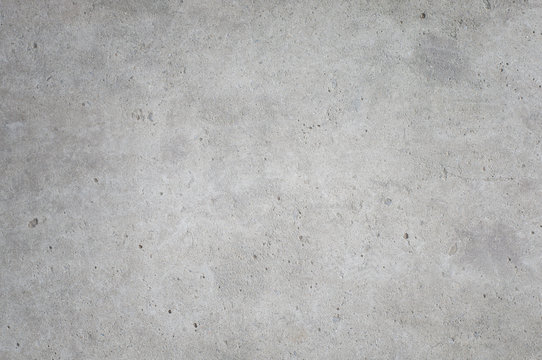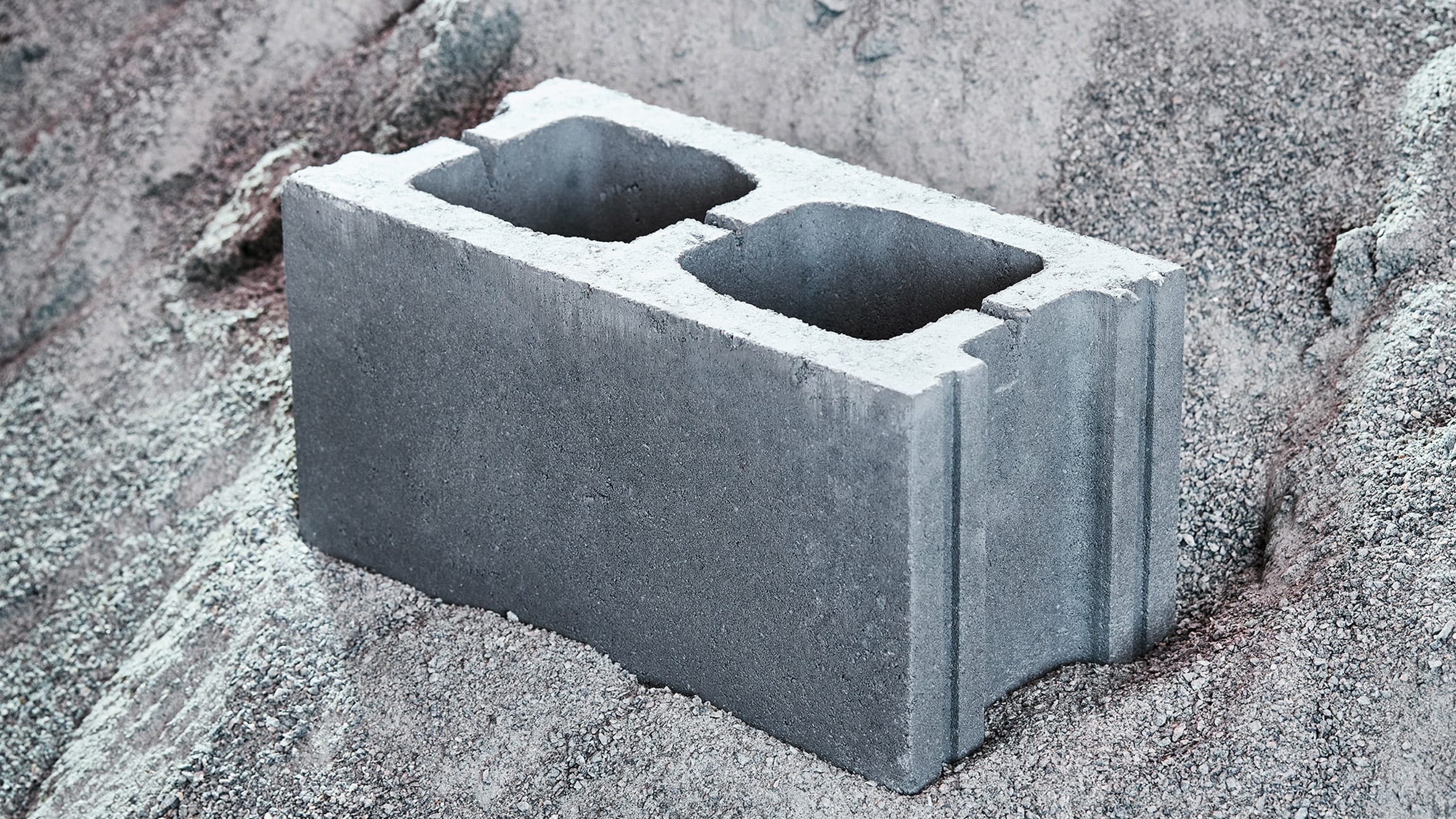Concrete Repair Service and Upkeep: Maintain Your Frameworks Solid and Resilient
Wiki Article
Revealing the Eco-Friendly Advantages of Using Recycled Concrete in Sustainable Building Practices
In the world of sustainable construction practices, the utilization of recycled concrete stands as a crucial yet usually undervalued source. Past its traditional applications, recycled concrete offers a myriad of eco-friendly benefits that extend far beyond the boundaries of conventional building and construction materials.Ecological Advantages
By including recycled concrete right into construction practices, there is a significant reduction in the demand for new raw materials, leading to preservation of natural sources. Furthermore, the use of recycled concrete decreases the amount of waste being sent out to garbage dumps, thus decreasing ecological contamination and reducing the pressure on land fill abilities (Concrete).

Additionally, the production of traditional concrete is a significant source of carbon exhausts as a result of the energy-intensive procedure of concrete production. In comparison, recycled concrete has a lower carbon footprint as it lowers the need for new concrete production. This decrease in carbon exhausts adds to mitigating environment change and supports sustainable construction methods. In general, the ecological benefits of making use of recycled concrete are substantial and play an important duty in promoting green building methods.
Cost-Efficiency
Accomplishing cost-efficiency is a vital factor to consider when evaluating the utilization of recycled concrete in construction jobs. One of the essential advantages of making use of recycled concrete is its cost-effectiveness contrasted to standard concrete.Additionally, making use of recycled concrete can result in financial savings in landfill expenses by diverting concrete waste from disposal sites. This not just decreases the ecological effect however additionally eliminates the expenses connected with waste elimination. The durability and efficiency of recycled concrete are equivalent to standard concrete, making sure that cost financial savings do not compromise the high quality of the building.
Toughness and Strength
Recycled concrete deals comparable, if not premium, durability and stamina homes to typical concrete - Concrete. Through advancements in handling techniques and top quality control, recycled concrete can meet or surpass the efficiency standards of standard concrete.
Waste Reduction
Reliable waste decrease practices play a vital role in the sustainable utilization of resources within the building sector. Waste decrease is a key advantage that adds substantially to environmental conservation when it comes to making use useful reference of recycled concrete. Traditional construction techniques often generate considerable amounts of waste, especially in the kind of concrete debris from demolition websites. By including recycled concrete into construction projects, this waste is repurposed and diverted from garbage dumps, minimizing the general ecological effect of construction activities.Recycled concrete not just assists in lessening the amount of waste that winds up in land fills however likewise conserves natural deposits by decreasing the need for brand-new aggregate materials. This procedure of waste decrease advertises a circular economy within the construction field, where materials are recycled and recycled to create an extra sustainable sector. In addition, the use of recycled concrete can lead to cost financial savings for building projects, as it is often more budget-friendly than sourcing and carrying new products. To conclude, waste decrease with the use of recycled concrete is a vital part of lasting building practices that profits both the building and the setting sector in its entirety.
Energy Preservation
When it comes to utilizing recycled concrete in building, considerable power savings are attained contrasted to typical concrete production. The process of creating recycled concrete includes reusing and squashing existing concrete products, which takes in much less power than mining, processing, read here and moving raw products for new concrete manufacturing.Final Thought
In conclusion, the application of recycled concrete in lasting building and construction practices uses countless ecological benefits, cost-efficiency, resilience, strength, waste reduction, and power preservation. By incorporating recycled concrete right into building projects, we can add to a more sustainable and eco friendly future. It is vital for the construction sector to prioritize making use of recycled materials to help in reducing the ecological influence of building activities.One of the essential benefits of utilizing recycled concrete is its cost-effectiveness contrasted to standard concrete.In addition, the usage of recycled concrete can lead to cost savings in land fill costs by drawing away concrete waste from disposal websites. The toughness and performance of recycled concrete are similar to conventional concrete, making visit this page sure that price savings do not endanger the top quality of the building.

Report this wiki page